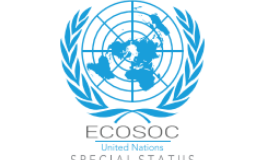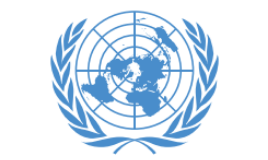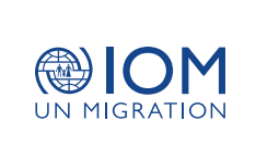Qatar Charity provides drinking water to 1.2 million people in Ghana

6/5/2023 | Media Center

With the generous and continuous support of philanthropists in Qatar, the number of beneficiaries of Qatar Charity’s projects in the field of water since the opening of its office in Ghana in 2016 until the beginning of this year has reached more than (1.2) million people, at a time when more than (128,000) people are expected to benefit. Among the wells and water stations that the Qatar Charity office in Ghana is working to implement during the current year.
Qatar Charity's projects implemented in the field of water and sanitation have contributed to ending the suffering of the most vulnerable rural residents in need of safe drinking water in Ghana, while its field teams are now continuing to drill several wells and install water stations, totaling 128 wells and a new station under construction.
Wells and water stations
Qatar Charity has been able to implement (1,207) projects to provide drinking water since the opening of its office in Ghana, West Africa, at a time when it has expanded its humanitarian interventions and development projects there.
In this context, Mohamed Ibrahim, Director of the Government Agency for Community Water and Sanitation in Ghana, praised Qatar Charity's projects in the field of water and sanitation. He said that their contribution to the provision and management of water facilities benefits rural areas with very low water coverage.
Big need
According to the data of the National Population and Housing Census in Ghana for the year 2021, and official reports on primary health care for the same year about the water situation, at least three million Ghanaian citizens in rural areas suffer because of their inability to access healthy drinking water sources, as they drink from Open dams, creeks, and shallow wells, and struggle to meet their daily drinking water needs.
After a field assessment study of the size of the need on the land, and coordination with the official authorities in light of the development strategy of the Ghanaian government, Qatar Charity focused its increasing interventions on the implementation of water stations in the northern and northwestern parts of Ghana in the regions (Ooty, Volta, Bono, and Ahafo), which are considered among the most the regions are poor and in need of water projects.









